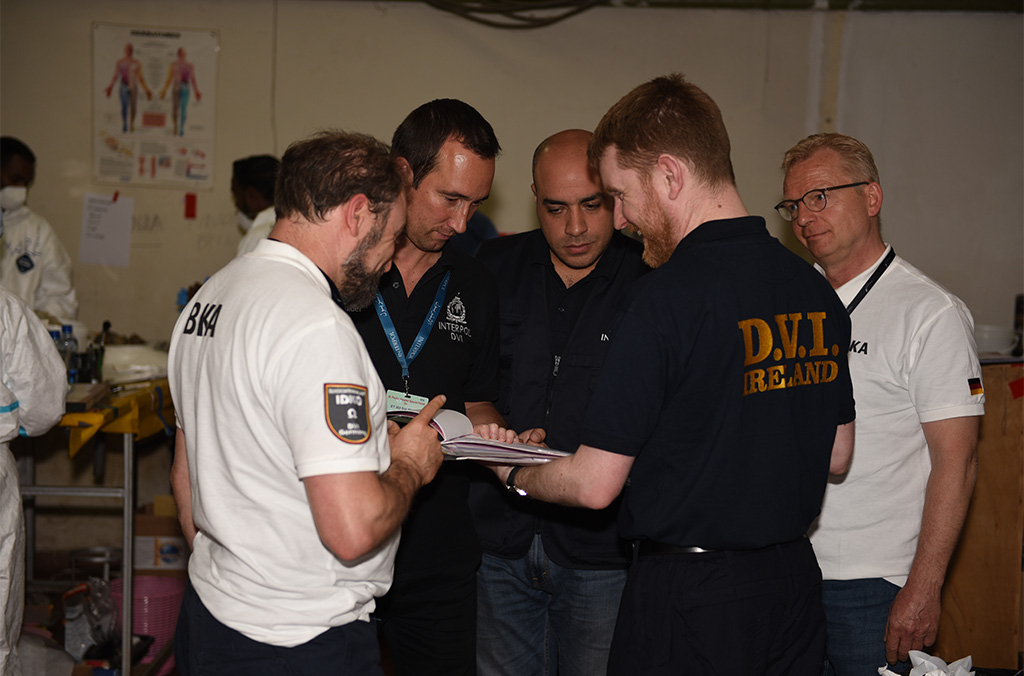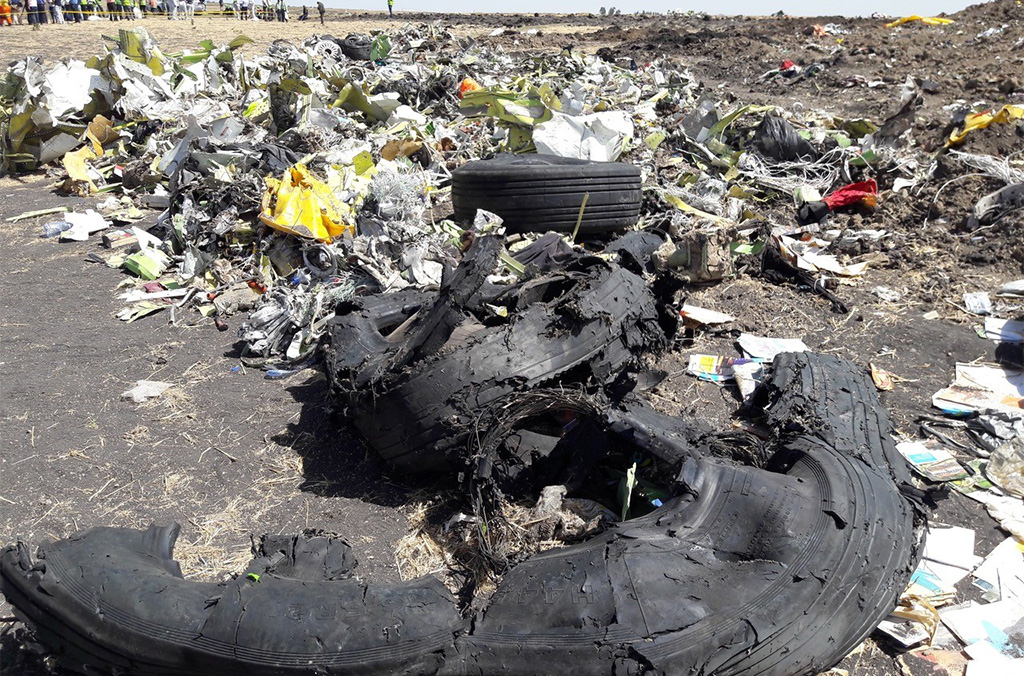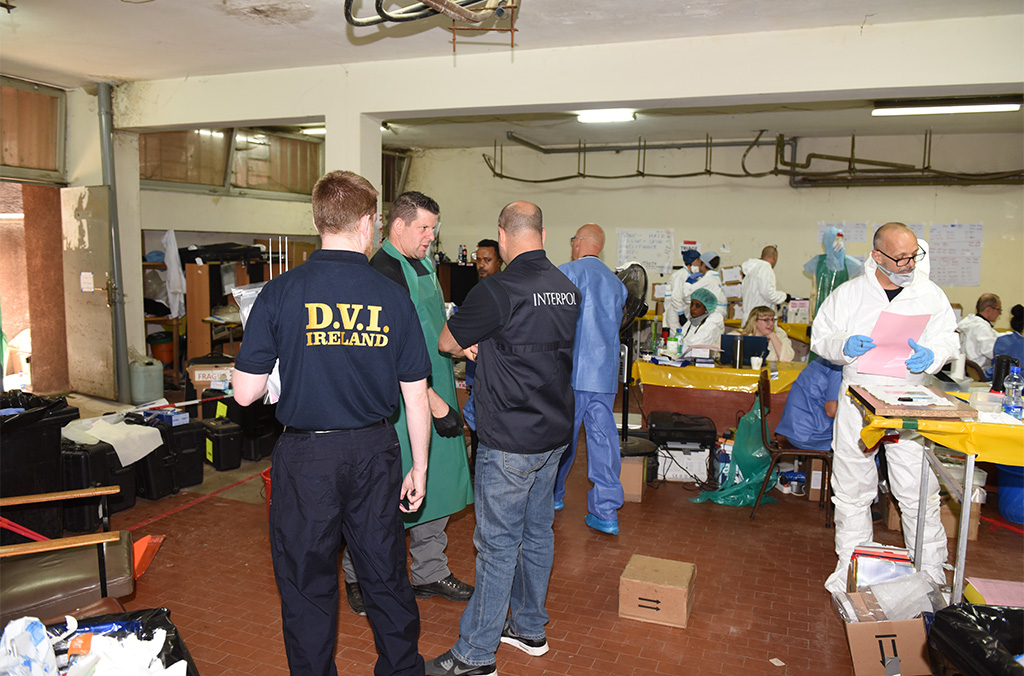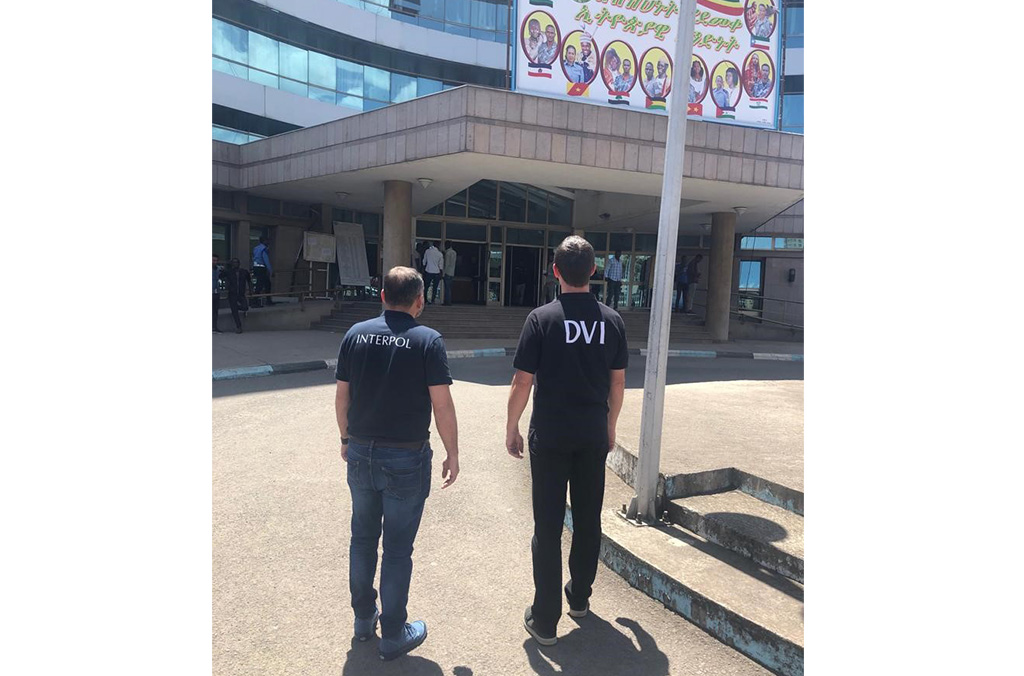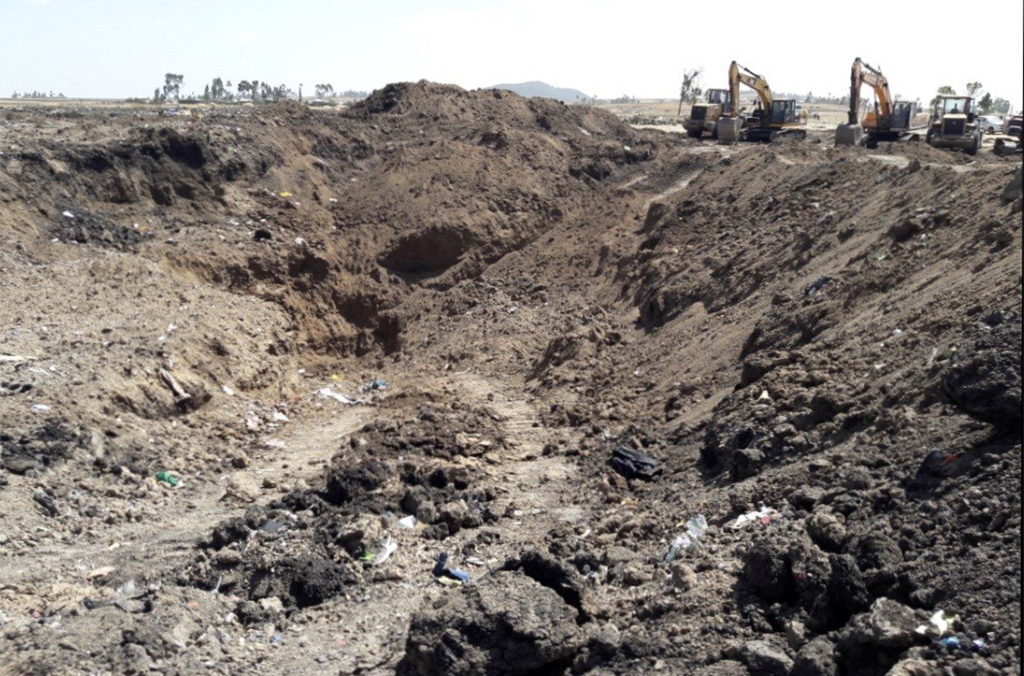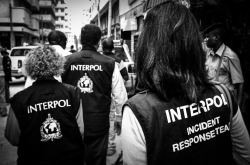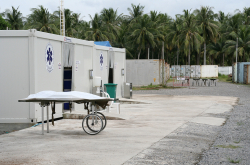LYON, France – The INTERPOL Incident Response Team (IRT) deployed following the crash of the Ethiopian Airlines plane in March has completed its task, assisting with the successful identification of all victims of the deadly disaster.
Ethiopian Airlines flight ET302 from Addis Ababa bound for Nairobi crashed near the Ethiopian town of Bishoftu, killing all passengers and crew members from 35 countries.
At the request of the Ethiopian authorities, two days after the accident INTERPOL sent an IRT to assist with the operation. The team’s role was to coordinate the international police disaster victim identification (DVI) response and coordinating the ante-mortem data supplied by member countries.
The IRT worked to ensure that identification efforts were conducted in accordance with international DVI standards, and assisted with assembling fingerprint and DNA samples. The INTERPOL Special Representative Office at the African Union in Addis Ababa also provided coordination support.
Mobilizing its global network of National Central Bureaus, INTERPOL centralized the collection of DNA materials from the families of the victims to aid in the identification process. The DNA samples were sent to a specialized laboratory for analysis.
Nearly 100 DVI experts from 14 countries in Africa, the Americas and Europe supported the work of the IRT during its 50-day mission.
In particular, work in partnership with INTERPOL member countries and expertise from the US Federal Bureau of Investigation (FBI) resulted in 48 victims positively identified by their fingerprints.
“In the wake of such a tragedy, the accurate identification of the victims is of immense importance to the families who are suffering from their loss,” said INTERPOL Secretary General Jürgen Stock.
“International cooperation and coordination is vital to these efforts, and this is where INTERPOL’s extensive experience in DVI provides significant added value to member countries when faced with a major disaster,” concluded Mr Stock.
In 2019, INTERPOL has deployed five IRTs around the world, including to assist with investigative efforts following terrorist attacks at several sites in Sri Lanka in April and at a hotel complex in Kenya in January.
Countries involved
Related news

Breakthrough in longstanding Dutch missing person case
11 October 2024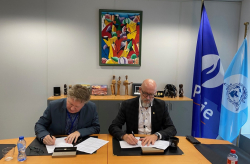
INTERPOL welcomes new DNA legislation in Belgium
11 April 2024




